- All
- Commercial property market
- Commuting and accessibility
- Housing market
- Land use planning
- Other
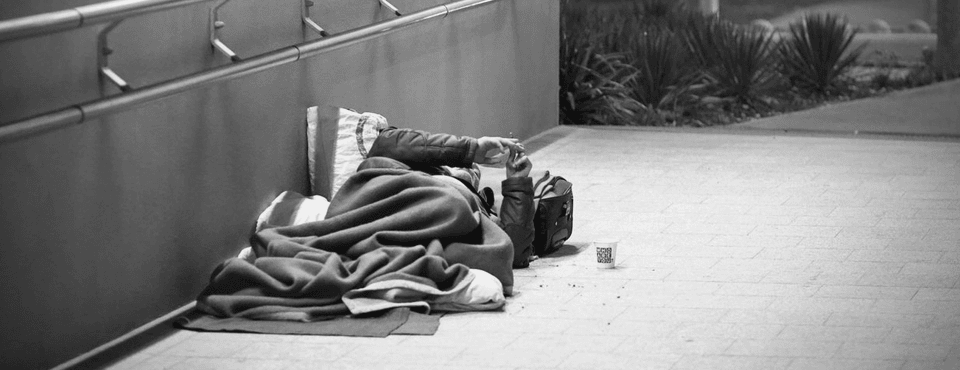
Drug consumption rooms reduce crime and make neighbourhoods more attractive
Drug consumption rooms lead to a significant reduction in drug use and drug-related crime, as evidenced by research from VU Amsterdam professor of Urban Economics and Real Estate, Hans Koster, and Sofia Franco (University of California – Irvine). What’s also striking is that in neighbourhoods with these spaces, house prices increased by 2.5%.

The price of impatience: Why being patient when selling your home pays off
What would you do? Say you’re about to move, but your current home hasn’t sold yet. Do you opt for a low asking price, which means a quick sale at a low(er) but acceptable price? Or do you opt for a higher asking price and wait for higher bids? Hans Koster and Jan Rouwendal investigated the behavior of home sellers in this specific situation. The study, titled “Housing Market Discount Rates: Evidence from Bargaining and Bidding Wars”, is forthcoming in the International Economic Review.
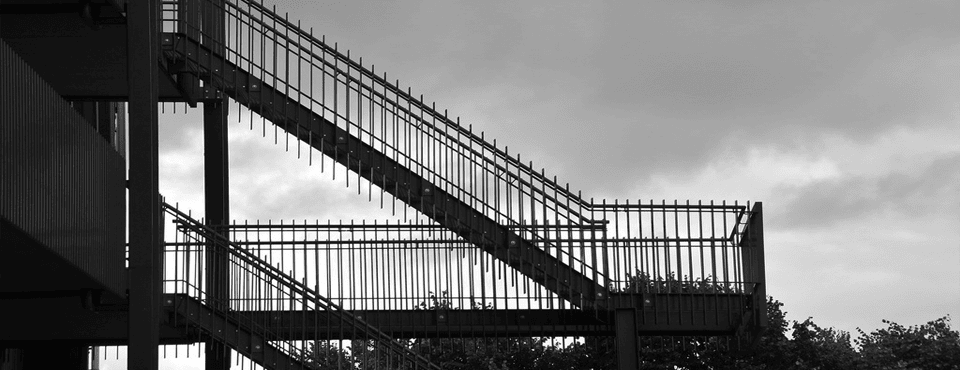
Neighbourhoods won’t be improved by banning the unemployed
Laws that ban unemployed people from moving to certain parts of a city are ineffective, according to research published in Economic Policy by Hans Koster and Jos van Ommeren. First, they do not materially change the demographic composition of targeted neighbourhoods by attracting households with higher income levels. What’s more, the laws have significant adverse side effects, because a negative stigma is created, as evidenced by lower house prices in targeted neighbourhoods.
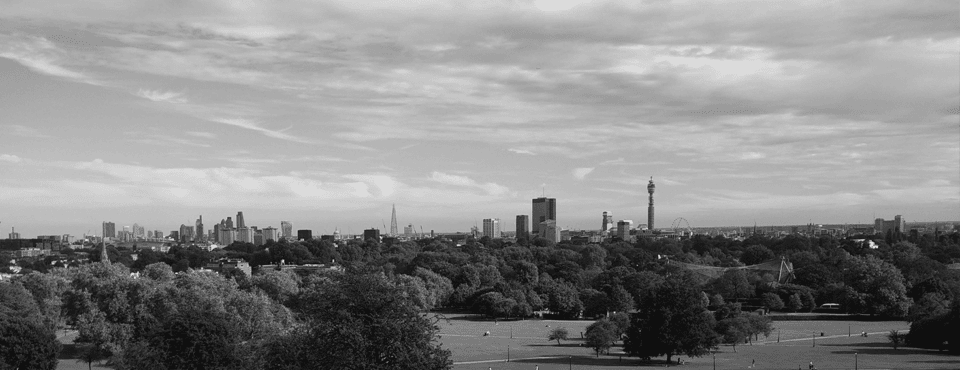
The effects of Greenbelt policy in England
Should we build in the city or open land outside the city? Are restrictions on urban expansion a good idea or not? Green areas around cities where construction is forbidden – called ‘greenbelts’ in England – serve to curtail the growth of cities. London, for instance, established its Greenbelt following World War II, effectively maintaining the city’s size at 1950s levels despite population growth. So the question is: What are the advantages and disadvantages of these greenbelts? I study this question in a recent article published in Economic Journal.
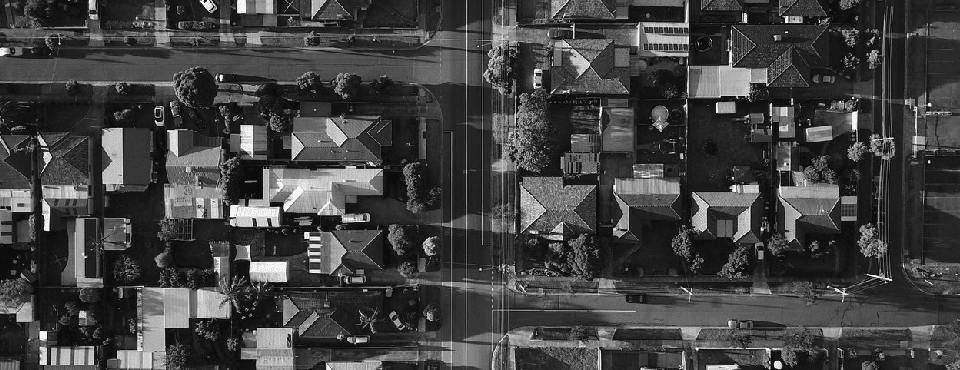
The housing market is under pressure: what can we do?
With the pressing shortage of affordable housing and rising home prices, housing is a top priority in the upcoming Dutch parliamentary elections. According to Hans Koster, Professor of Urban Economics and Real Estate at Vrije Universiteit Amsterdam, the housing crisis is complex due to a lack of clear short-term solutions. “Many policy measures do not address the core issue, namely the housing shortage.”
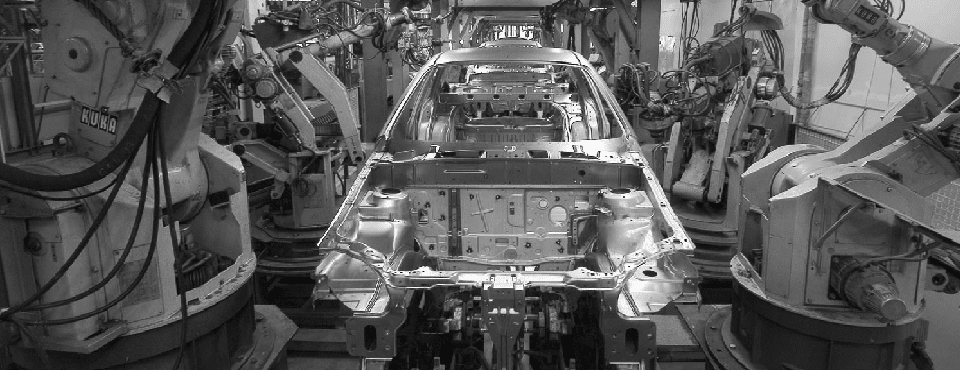
Industrial robots on workers: Winners and losers
Theory suggests that ‘directly affected’ workers who perform substitutable tasks, such as those employed in blue-collar, routine occupations, are more likely to be losers from robot adoption, while the productivity gains these machines bring could benefit workers performing complementary tasks. But there is surprisingly little evidence on this first-order protection. This column uses data from the Netherlands to show that directly affected workers face lower earnings and employment rates, while other workers indirectly gain from robot adoption. This is true both for workers employed in robot-adopting firms and their competitors.
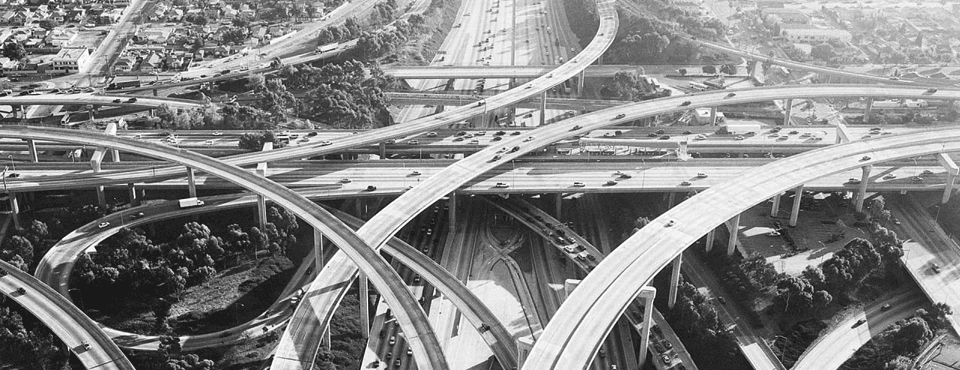
Cars make cities less compact
Cars have changed the way cities are organised. This column uses a sample of 123 cities in 57 countries to show that car ownership reduces the density of people and employment by allowing low-density expansion into the urban periphery. The findings have implications for cities in developing countries, where strong car ownership increases are expected in the near future. If these countries follow a similar path, their cities will be more spread out. This is likely to cause more traffic congestion, as lower-density areas tend to be more car-dependent.

How much more will households pay for a home to avoid council tax?
This is a re-post from CEP Urban and Spatial Programme Blog Are you paying attention? In many situations research suggests not. For example, when we buy things online, on average we respond more to the purchase price than to the shipping cost. As the total comprises the sum of both costs, this doesn’t make sense.…
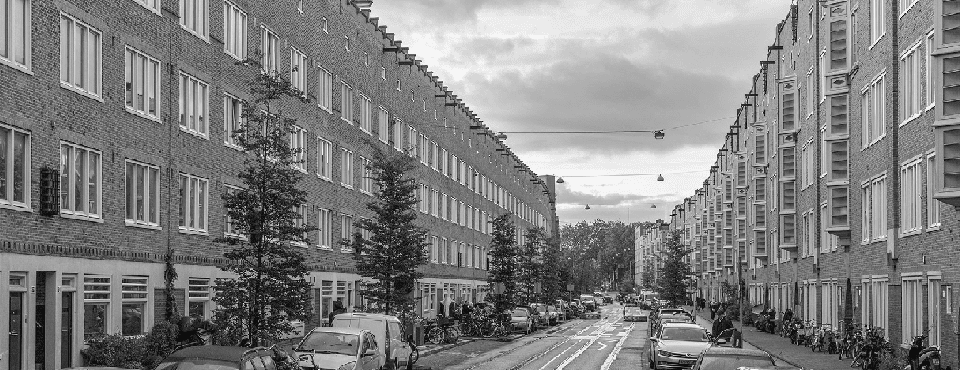
Higher parking prices reduce traffic congestion
Higher parking prices lead to a reduction in traffic congestion in Amsterdam. This is shown in recent research by Francis Ostermeijer, Hans Koster, Jos van Ommeren and Leonardo Nunes of the Vrije Universiteit. They find that the sharp price increase in 2019 has led to a 9% decrease in the number of paying policy parkers.…
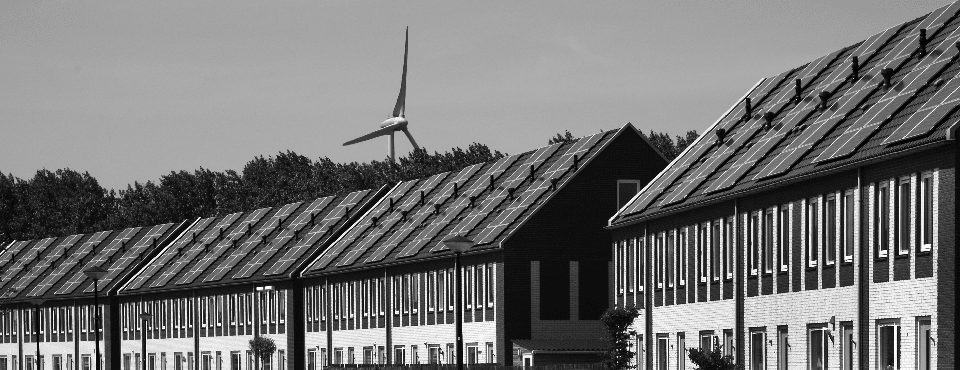
Wind and solar energy on land: the lack of local support
The Climate Agreement states that at least 35 terawatt hours of sustainable electricity must be produced on land by 2030. The plan is to generate about fifty percent of this sustainable energy by means of solar panels (of which a small part in solar parks) and the other fifty percent by wind turbines. This means that in the coming years many turbines and solar parks must appear in the Dutch landscape. If we indeed want to generate 35 terawatt-hours of renewable energy by 2030, this requires determination on the part of local policymakers to realise turbines. Solar parks are a nice addition, but not a substitute, since a medium-sized turbine generates about as much energy as no less than 28,000 solar panels. The arrival of a turbine and solar park must be accompanied by clear communication about the decrease in house value and any compensation or profit sharing that the construction of a turbine or solar park entails.
